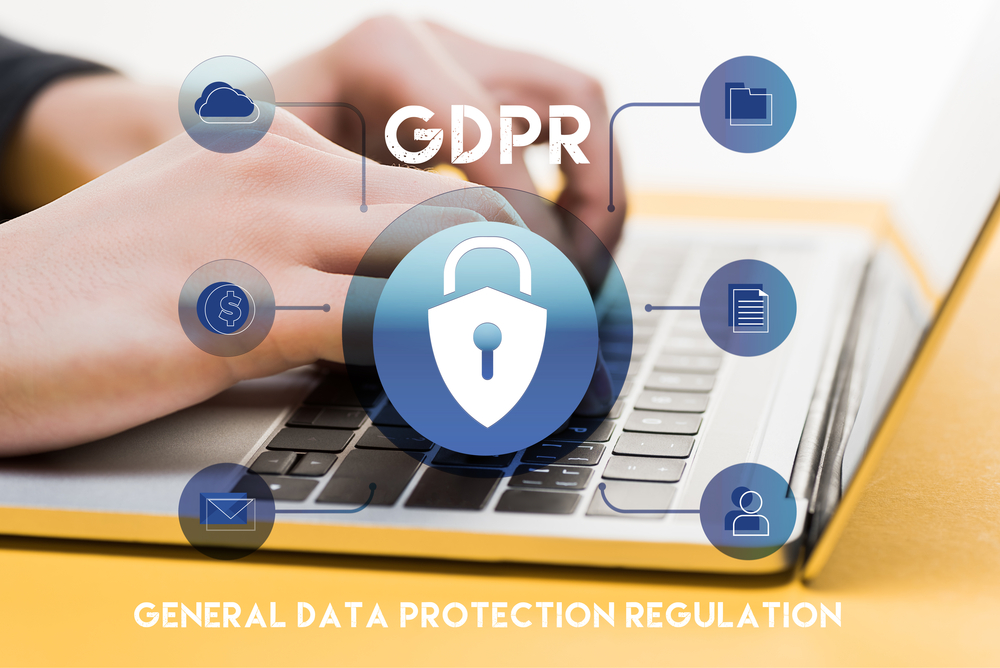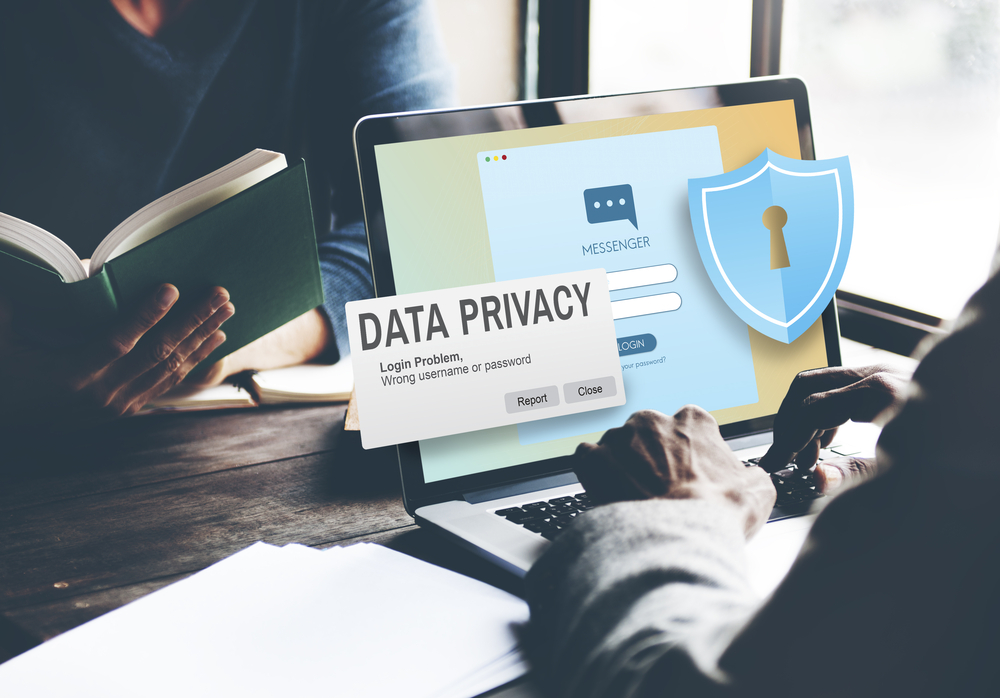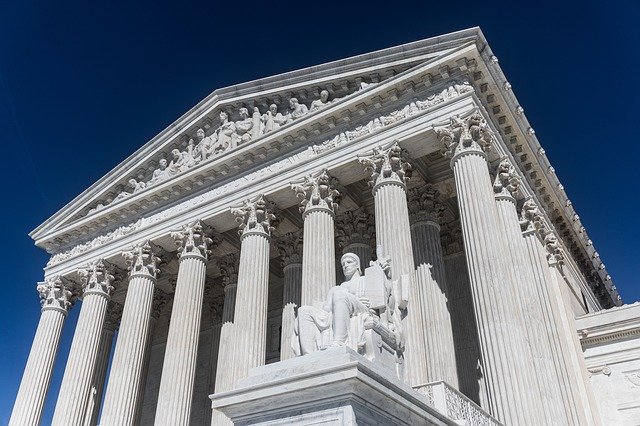Over the years, the internet has changed the way we communicate and how we handle day-to-day tasks. There are so many things that we can do via the internet, from sharing documents to paying our bills. All of these are convenient, but these tasks require us to enter personal details.
With so much information that we share online, how can you guarantee that your information will be kept safe? Have you ever wondered what happened to the information you share online, like your bank details, addresses, contacts, etc.
Companies say that they collect this information to serve you better to provide you with more targeted and relevant communication. In turn, you get better customer experience in the end.
The question is, what do they do with that data?
That’s where the GDPR comes in.
The General Data Protection Regulation (GDPR) took effect on May 25, 2018 and many companies have taken steps to comply with it; otherwise, they could face fines and other consequences. But what is GDPR and what are the companies that are strongly affected by this change?
GDPR Compliance: What is it?
GDPR is the set of rules designed for EU individuals that allow them to have more control over their data. The main goal of this regulation is to make the digital environment simple so that businesses and their customers in the EU can benefit from a digital economy, yet still protect individual privacy.
The GDPR applies to all companies that sell to the EU, store personal information about EU residents, including EU B2B personal information collected from companies on other continents.
Which Companies are Affected by GPDR?
As mentioned, companies that sell to the EU, store personal information about EU residents, and have customers in the EU are affected by this.
In addition, GDPR applies to all companies established in the EU, regardless of where their data processing takes place. In fact, even non-EU established companies will be subject to GDPR, as long as the business offers goods and/or services to EU citizens. Therefore, this puts consumers from the EU in the driver’s seat, and businesses must comply with the regulation.
Here are some of the industries that are most hit by GDPR:
Social Media
Ever since GDPR took effect, social media users have noticed changes in the privacy policies of social platforms they frequent, and they were notified of these changes via email. The reason behind these changes is the GDPR and other privacy laws.
Companies in the social media marketing industry are one of the most affected by this new regulation. Therefore, social media marketers must disclose and ensure that users know how their data are being used.
In addition to that, they need to request full consent from users to use their data outside of what is strictly necessary to provide the social media information society services.
There are also other strict rules that GDPR expects social media companies to do, such as:
- Users have the right to be forgotten, which means that users now have the right to delete all their data.
- Companies that collect information directly from users must inform users within 72 hours after a data or security breach is detected.
- Plain language must be used in all privacy policies and explanations regarding users’ data.
Despite this drastic change in the social media industry, users can highly benefit from this shift in data privacy rights.
Online Retail
GDPR has become a challenge for online retail companies as it urges them to make changes that make many brands rethink their strategies. Due to GDPR restrictions, like limitations with the use of third-party information, or limitations on sharing of user information to third parties, it has become a challenge for online retailers to thrive.
However, these changes have its advantages as well because it puts online retailers on better standing with consumers. This will help them build a more trustworthy relationship with consumers today, which is crucial in today’s digital environment.
Digital Banking
Undeniably, the effects of GDPR to financial services are significant. GDPR has made the privacy of users their primary concern. The main principle of GPDR is “incorporating privacy and data protection” considerations into all sectors that use personal information, which is critical for the digital banking industry.
Although GPDR encourages best practice and data compliance, it comes with a side effect. Digital bank owners see the new regulation as costly and can affect their projects further. Therefore, many have their reservations that lead to them to be hesitant to invest because they fear they would get it all wrong.
However, there are many benefits when digital banks comply with data privacy law. For one, it will provide them with more opportunities for innovation and investment because it’s more than regulatory compliances. In fact, it’s a profitable strategy in which bank owners can make bolder decisions and enter new territories due to the integration of data protection into core development strategies.
Secondly, GPDR compliance allows digital bank owners to more ethically handle data—a huge advantage in the industry.
Finally, GPDR provides digital defense by considering internal and vendor security, and reinforcing good data handling processes that banks can follow should there be a security breach.
Cloud Computing
Cloud computing companies are also affected by GPDR, due to the sensitivity of customers’ information in the cloud. Since cloud service providers host various types of data, they often deal with sensitive and classified information, which could fall under the wrong hands.
Another challenge is the externalization of privacy because businesses that get a cloud service expect privacy agreements and commitments that they shared with their customers and staff will still work. However, if the cloud service provider operates in various locations, the rights of data owners may be subject to different regulations and requirements. Therefore, it’s advisable to have a customized agreement with a cloud computing company when it comes to privacy commitments.
In a Nutshell
It’s been years since GPDR came into effect. Today, it still remains as a rigorous compliance process. However, GPDR has brought many opportunities that can improve strategies and deliver more innovation in the market.
Even if you’re not in any of the industries listed above, as long as you operate a business that sells products online to EU individuals, you need to consider GPDR -compliance; otherwise, you could risk facing hefty fines or lose customers.
So, if you’re unsure whether your company is GPDR compliant, contact someone with GDPR experience to assess your GDPR compliance.







